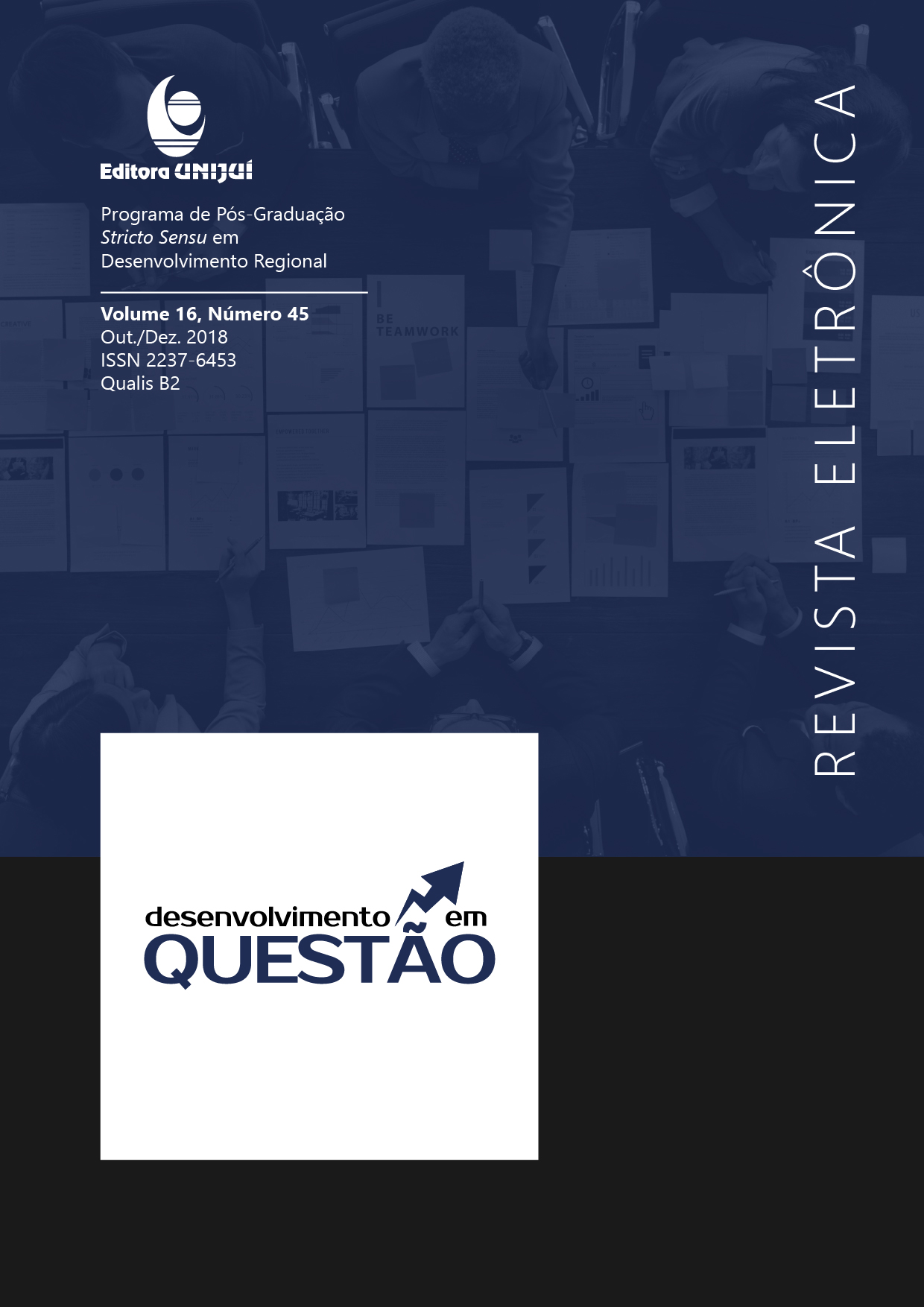Franquias Virtuais: uma nova estratégia para os varejistas no e-commerce
DOI :
https://doi.org/10.21527/2237-6453.2018.45.377-399Mots-clés :
Franquias virtuais, Franquias virtuais. Comércio eletrônico. Varejo. Canais de distribuição, Comércio eletrônico, Varejo, Canais de distribuiçãoRésumé
As organizações vêm sofrendo crescentes pressões, devido às mudanças extremas e contínuas em seu ambiente organizacional, com clientes cada vez mais exigentes, muitas empresas perceberam que seus métodos tradicionais de distribuição já não se mostram compatíveis com a concorrência global e com os novos hábitos de compra e consumo dos novos consumidores. Manter os clientes é tão ou mais importante do que adquiri-los. Nesse sentido a franquia virtual se diferencia das demais modalidades de franquias por se valer das redes sociais como o principal canal de comercialização de produtos ou serviços. O objetivo central deste estudo é analisar o desenvolvimento de um novo canal de distribuição denominado franquia virtual, com base nas percepções das consultoras de franquias virtuais e de seus respectivos consumidores. O estudo fundamenta-se em uma pesquisa de abordagem qualitativa, exploratória e descritiva, constitui-se em um estudo de caso e utilizou-se da pesquisa netnográfica e observação participante aplicada a franqueados e consumidores virtuais da Rede Natura. Os resultados apresentam contribuições sociais, econômicas e acadêmicas, uma vez que contribuem para a literatura pela contemporaneidade do assunto.
Téléchargements
Publié-e
Comment citer
Numéro
Rubrique
Licence
Ao publicar na Revista Desenvolvimento em Questão, os autores concordam com os seguintes termos:
Os trabalhos seguem a licença Creative Commons Atribuição 4.0 Internacional (CC BY 4.0), que permite:
Compartilhar — copiar e redistribuir o material em qualquer meio ou formato;
Adaptar — remixar, transformar e criar a partir do material para qualquer fim, inclusive comercial.
Essas permissões são irrevogáveis, desde que respeitados os seguintes termos:
Atribuição — Atribuição — os autores devem ser devidamente creditados, com link para a licença e indicação de eventuais alterações realizadas.
Sem restrições adicionais — não podem ser aplicadas condições legais ou tecnológicas que restrinjam o uso permitido pela licença.
Avisos:
A licença não se aplica a elementos em domínio público ou cobertos por exceções legais.
A licença não garante todos os direitos necessários para usos específicos (ex.: direitos de imagem, privacidade ou morais).
A revista não se responsabiliza pelas opiniões expressas nos artigos, que são de exclusiva responsabilidade dos autores. O Editor, com o apoio do Comitê Editorial, reserva-se o direito de sugerir ou solicitar modificações quando necessário.
Somente serão aceitos artigos científicos originais, com resultados de pesquisas de interesse que não tenham sido publicados nem submetidos simultaneamente a outro periódico com o mesmo objetivo.
A menção a marcas comerciais ou produtos específicos destina-se apenas à identificação, sem qualquer vínculo promocional por parte dos autores ou da revista.
Contrato de Licença (para artigos publicados a partir de 2025): Os autores mantêm os direitos autorais sobre seu artigo, e concedem a Revista Desenvolvimento em Questão o direito de primeira publicação.











